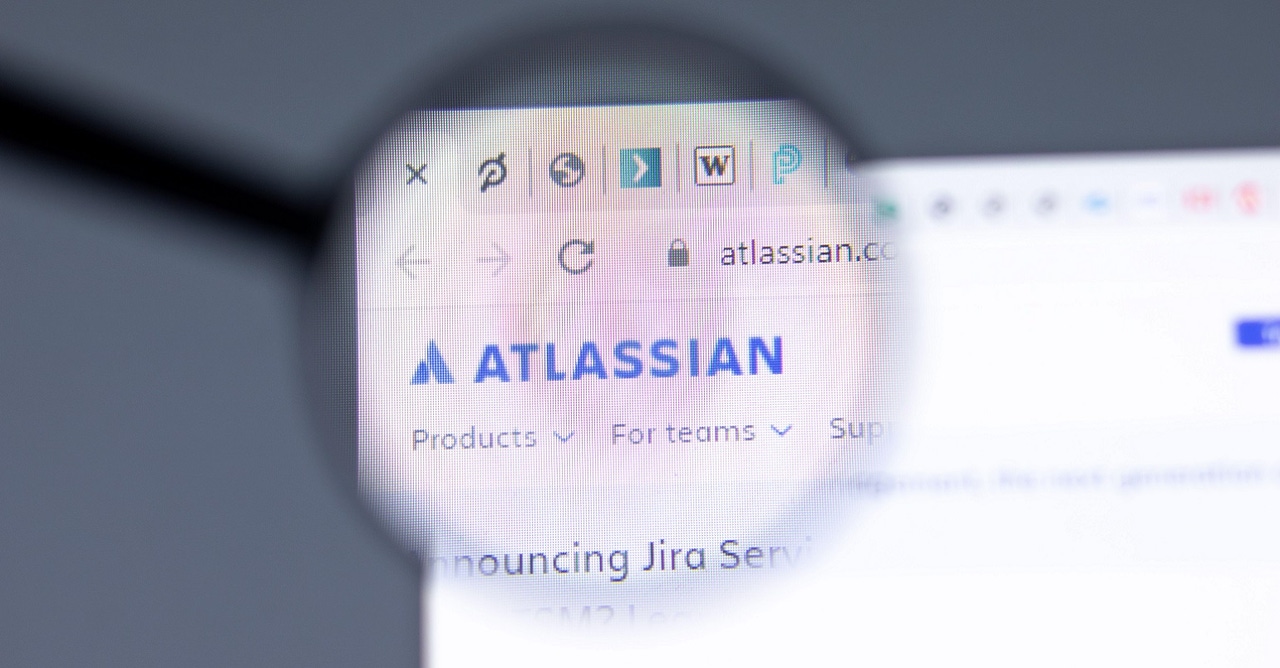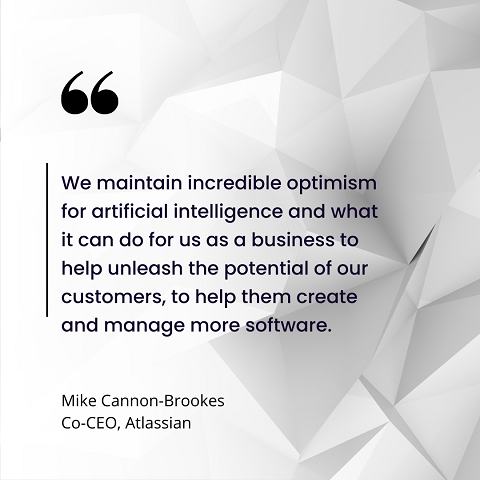Atlassian Grows Earnings as ITSM and DevOps Set to Benefit From AI
Atlassian is expanding its ITSM and DevOps efforts with new artificial intelligence to help organizations be more efficient with software.

The demand for IT service management (ITSM) and DevOps tools is continuing to grow, though organizations are focused now more on efficiency than ever before, according to Atlassian.
Atlassian reported its third quarter fiscal 2023 financial results on May 4, showing continued demand for its ITSM and DevOps tools. Atlassian reported quarterly revenue of $915 million, up 24% year-over-year. Among Atlassian's tools is the widely used Jira suite that is used by DevOps and ITSM professionals, as well as the company's Confluence collaboration tools.
At the Atlassian Team 23 conference in April, the company announced its new Beacon security in an effort to help organizations better secure ITSM and DevOps data.
However, the biggest news at the conference and the subject of much of Atlassian's earnings call was about the impact of artificial intelligence (AI). At the conference, the company announced its Atlassian Intelligence service, bringing AI to the Atlassian product suite in a bid to improve overall efficiency and productivity.

Brookes-Atlassian
"We introduced Atlassian Intelligence virtual teammates, which uses generative AI technology and leverages the Atlassian platform to accelerate customers' work in a way that is tailored to them," Scott Farquhar, co-founder and co-CEO at Atlassian, said during his company's earnings call.
How AI Brings Intelligence to Atlassian ITSM and DevOps
Atlassian has high hopes for its new intelligence offering, which will benefit from the knowledge base the company has built up over its two decades of business.
"Atlassian Intelligence is like a floodlight, lighting up new customer insights," Farquhar said.
AI is a huge opportunity for Atlassian's business, co-founder and co-CEO Mike Cannon-Brookes said during the earning call. Atlassian has always tried to solve human problems, not technology problems, which means the company has a lot of customer knowledge and data, he said.
"AI allows our customers to be significantly more efficient to get to our mission of unleashing the potential of every team," Cannon-Brookes said. "That's what we believe it will do."
Atlassian Intelligence is not a separate product line; rather it's a feature that will be integrated across the Atlassian portfolio. Cannon-Brookes said he expects the feature to help drive more adoption of Atlassian's cloud services over time.
Jira Isn't Just About Developers Anymore
Atlassian's Jira is one of the most commonly used DevOps tools today, helping developers and project managers manage and track progress.
Jira in recent years has expanded to support a broad range of ITSM and organizations' overall operations. In February, Atlassian announced updates to Jira for work management, collaboration, and product discovery.
"As customers naturally are looking to be more efficient with their spend in a more turbulent economic time, we remain incredibly bullish on our position in ITSM," Cannon-Brookes said.
Cannon-Brookes emphasized that Jira isn't just about IT teams, though that continues to be the primary spot where it is initially used. He noted that Jira Service Management is now being used by other parts of organizations, including human resources, finance, marketing, and legal. The overall goal is to help make service-driven parts of an origination more automated and efficient.
Is There Still a Need for Software Developers?
With the growth of automation and AI, a question asked during the analyst call was whether or not Atlassian sees a future need for software developers, or if they will become redundant.
Cannon-Brookes emphatically stated that Atlassian's view is that there remains a bright future for developers as software is not demand-constrained, it is supply-constrained.
"We are constrained by the supply of developers in the world, not the demand," he said. "So when you create tooling that makes it possible for efficiency of any form, you will soak up more of that demand with the existing supply."
Cannon-Brookes doesn't expect the number of software developers or the need for them to go down in the future. That said, for Atlassian, developers aren't the only audience, and having more software, however it is created, is good for Atlassian's business.
"The more software there is in the world, that's good for Atlassian in a generalized sense," he said. "We maintain incredible optimism for artificial intelligence and what it can do for us as a business to help unleash the potential of our customers, to help them create and manage more software."
About the Author
You May Also Like








.jpg?width=700&auto=webp&quality=80&disable=upscale)
